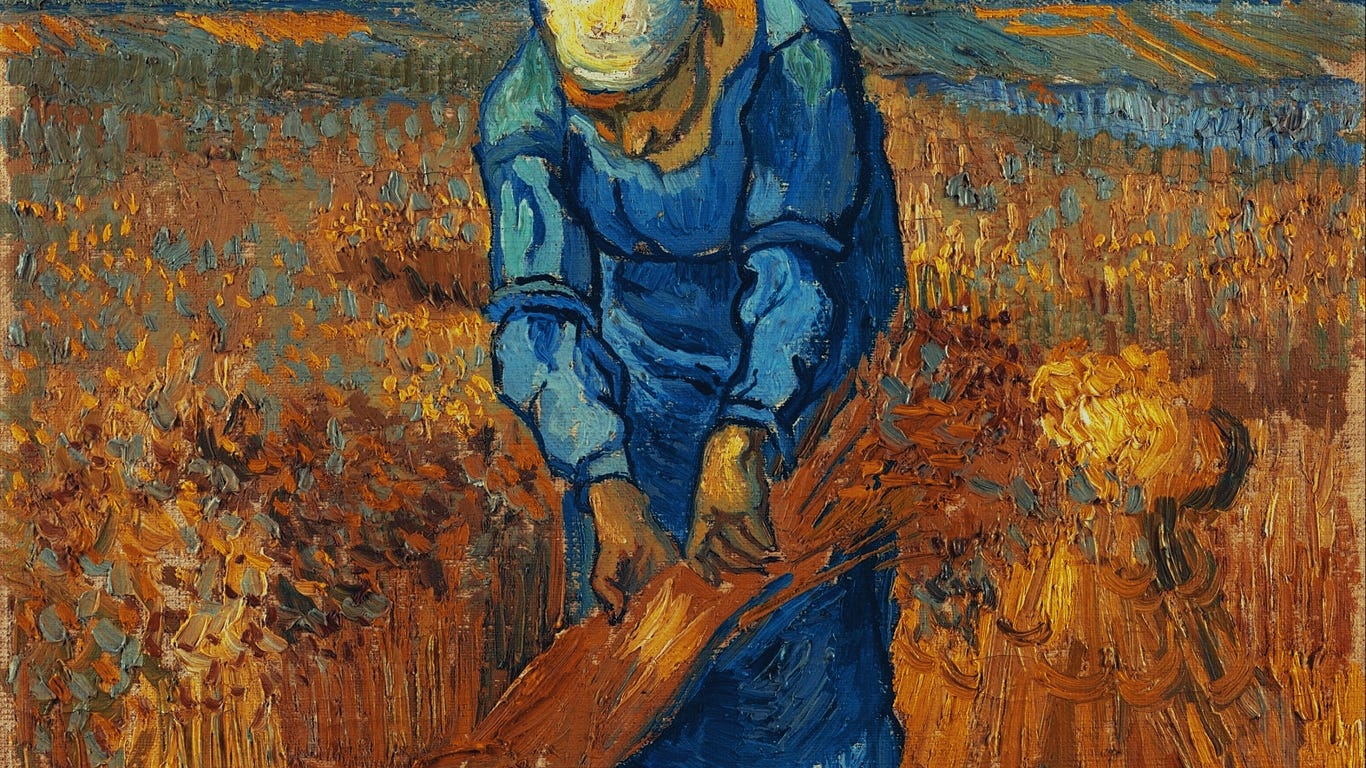There’s nothing quite like starting a book you know you’re going to like. The book in question is Christopher Clark’s Revolutionary Spring: Europe Aflame and the Fight for a New World, 1848-1849.
Clark may be my favorite European historian. His Sleepwalkers is easily the best account of the lead-up to World War I. Iron Kingdom is the quickest way to und…




